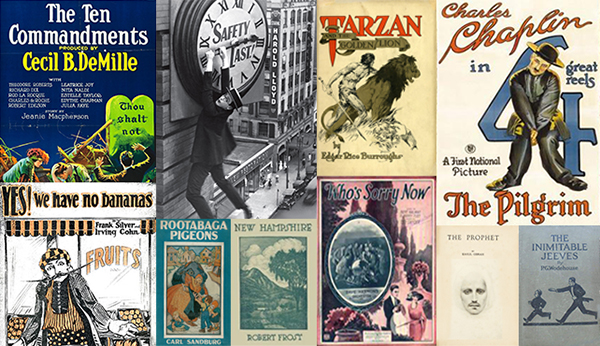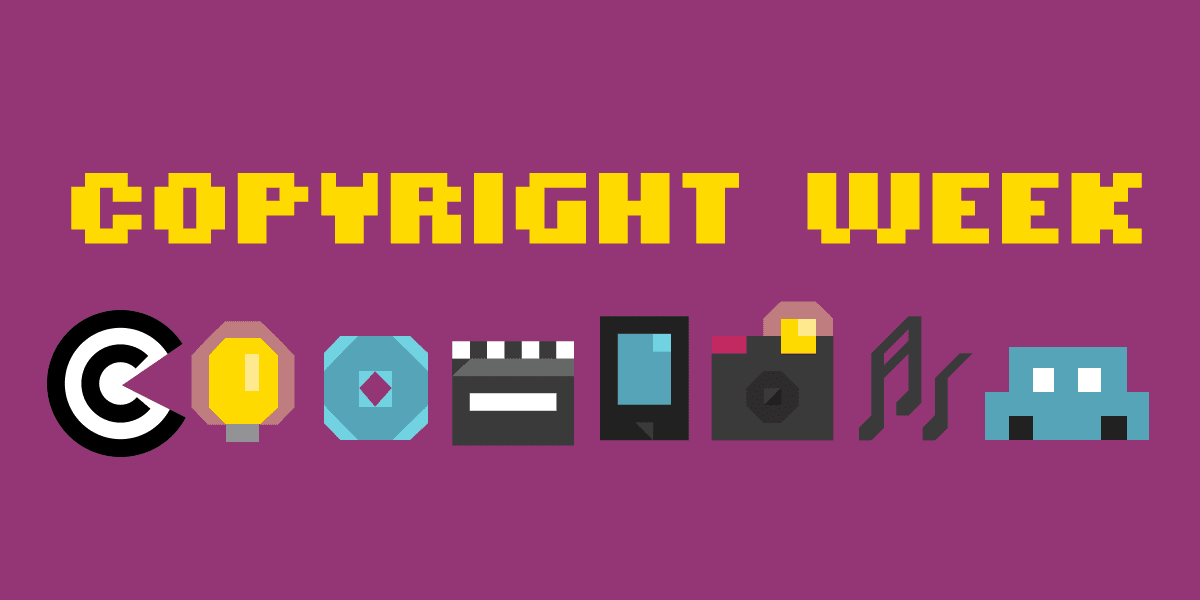In brief: Plaintiffs in the case including Hachette Book Group, Penguin Random House, HarperCollins Publishers and John Wiley & Sons said the Internet Archive has taken the intellectual investment of authors and the financial investment of publishers and are giving it away.

The Internet Archive back in March created the National Emergency Library, a controversial program that made more than 1.4 million eBooks available to borrowers without any wait times. The idea was to assist students through the remainder of the academic year and make it easier for ordinary citizens to access books during Covid-19 stay-at-home orders.
Publishers, however, categorized it as theft and have filed a lawsuit against the Internet Archive.
“There is nothing innovative or transformative about making complete copies of books to which you have no rights and giving them away for free,” said Maria A. Pallante, president of the Association of American Publishers.
The suit, filed in federal court in Manhattan on Monday, accused the Internet Archive of “willful mass copyright infringement.”
The Internet Archive’s founder and digital librarian, Brewster Kahle, told The New York Times that as a library, the archive acquires books and lends them, as libraries have always done. This move, he added, supports publishing, authors and readers. “Publishers suing libraries for lending books, in this case, protected digitized versions, and while schools and libraries are closed, is not in anyone’s interest,” Kahle added.
Where the Internet Archive runs into a snag is in the fact that it doesn’t operate like a traditional library. With lending restrictions lifted during the pandemic, a digital book can be in the hands of many readers simultaneously. With physical books at your local library, only one lender has access to a book at any given time.
According to this Internet Archive FAQ, users can check out up to 10 books at a time for a period of 14 days. If you are still reading your book when the loan is up, simply check the book out again.
Where do you stand on the matter? Should the Internet Archive be allowed to distribute books in this manner or will publishers prevail in court? Should an exception be made during Covid-19? Let us know your thoughts in the comments section below.
Masthead credit: Maglara

